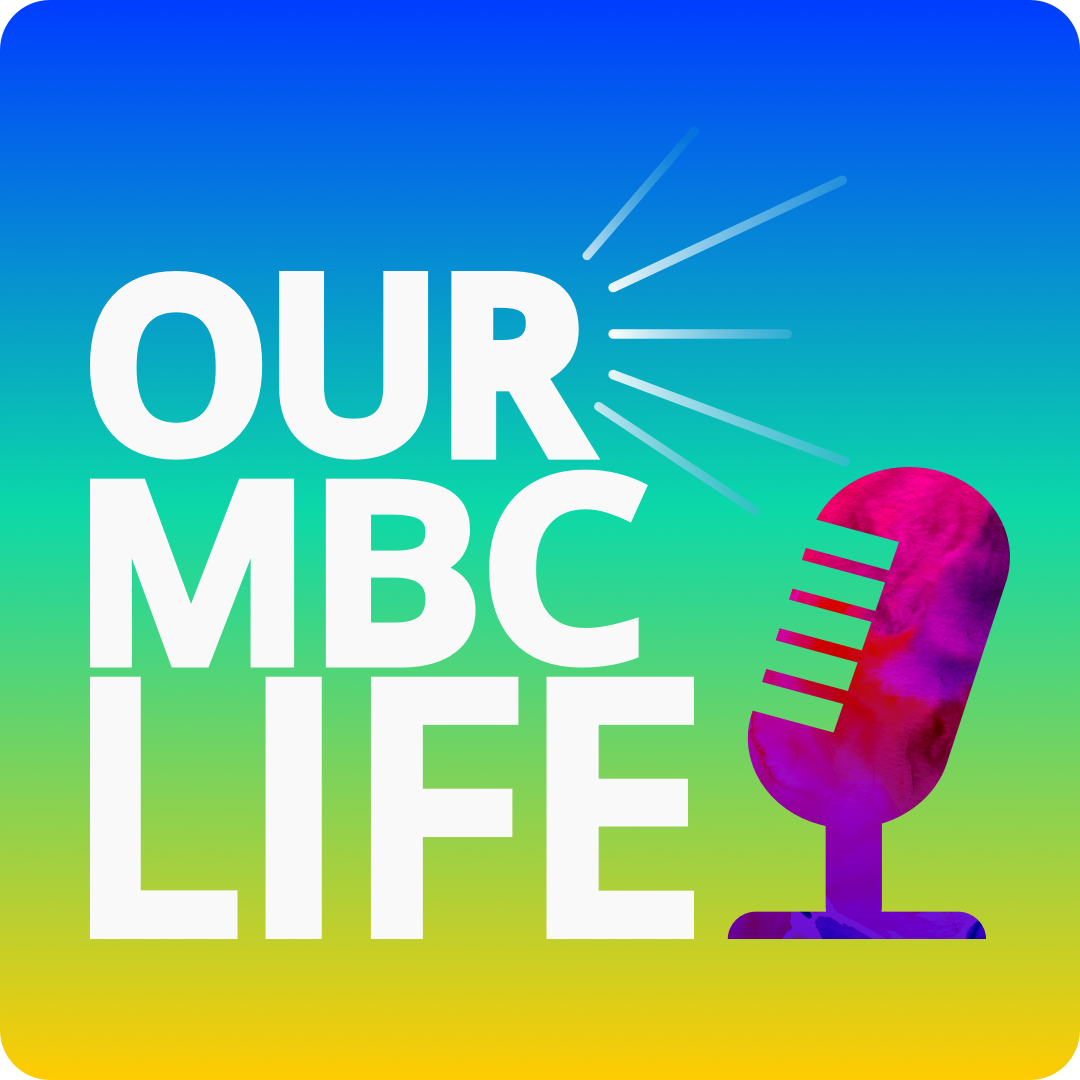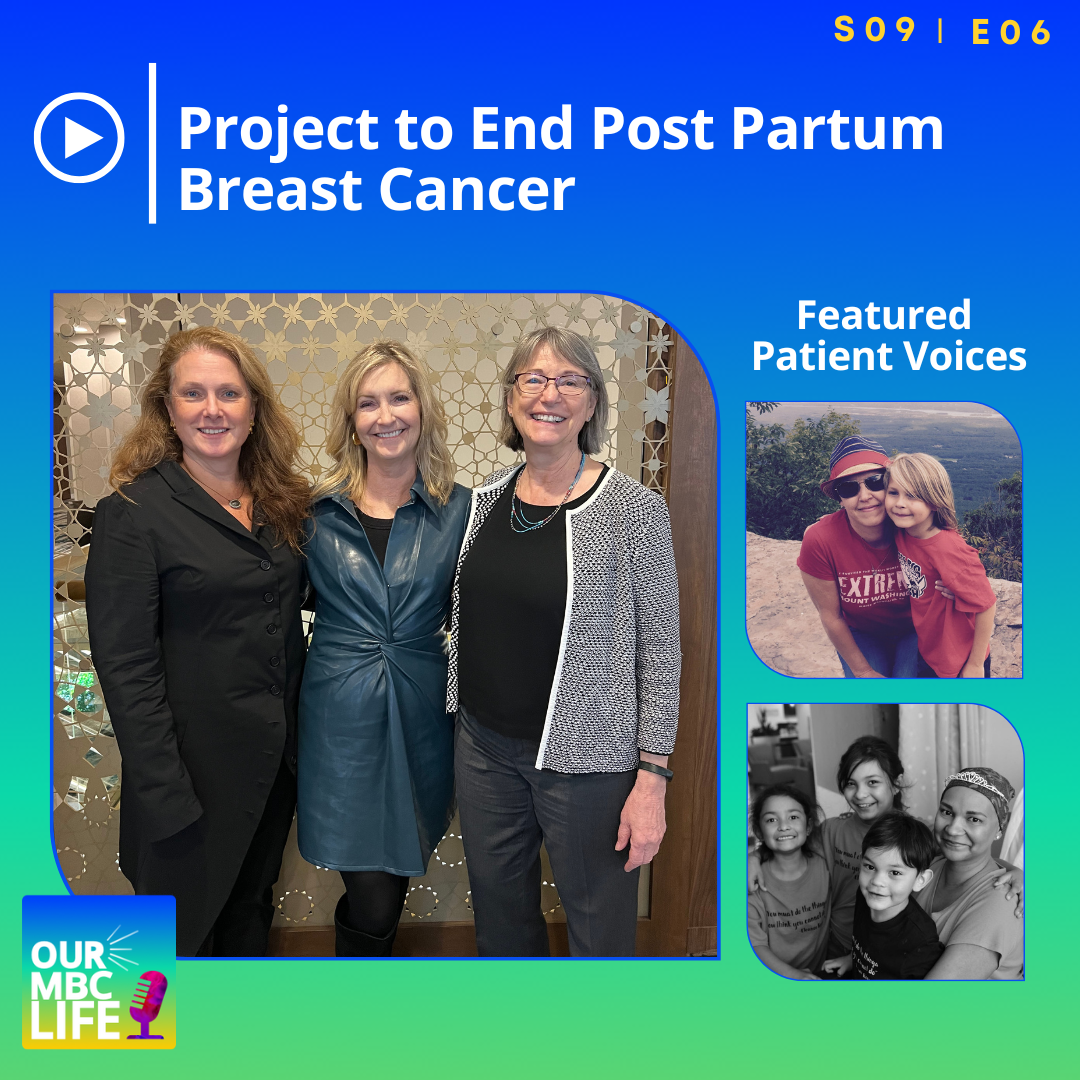Lynda has been living with MBC since 2013 and is an experienced patient advocate living in Seattle. She co-founded and co-chaired the Northwest MBC Conference from 2016-2020, hosted by Amazon. She also serves on the Executive Group of the MBC Alliance, and has completed multiple advocate training programs through the MBC Alliance, Living Beyond Breast Cancer and Research Advocacy Network. Lynda also co-founded an MBC Patient Advisory Group to Komen National which has been active for 4 years. Lynda was first diagnosed in 2001 with Stage 0 DCIS and underwent bilateral mastectomy. In 2013, Lynda learned that that primary cancer had spread throughout her skeleton, to the brain, and to a particularly painful facial nerve. She has had two rounds of Gamma Knife, radiation to the spine, multiple systemic hormone therapies, and chemotherapy. She is passionate about making MBC *survivable* – especially in the young women and mothers and the brain mets patient populations. Working collaboratively, Lynda works across industry, non-profits and clinical organizations to elevate unmet needs in MBC wherever possible.
Lynda Weatherby
Hosted, Produced, Participated In…
Senior Producer and Host












